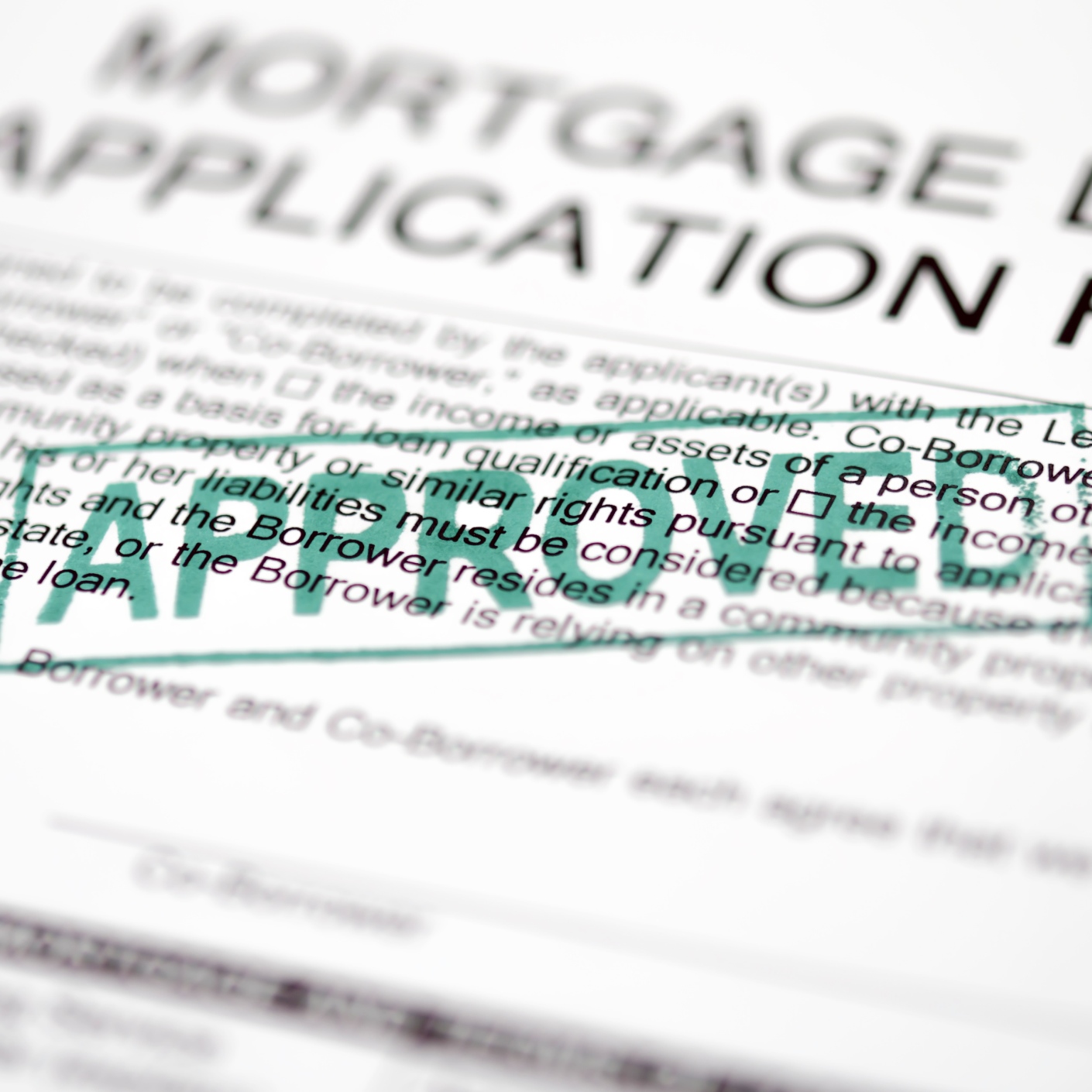Housing
Mortgage Loan Rates Tick Lower, Applications Slightly Higher

Published:
Last Updated:

The Mortgage Bankers Association (MBA) released its weekly report on mortgage applications Wednesday morning, noting a decrease of 1.1% in the group’s seasonally adjusted composite index for the week ending March 16. Mortgage loan rates dipped last week on three of five loan types that the MBA tracks.
On an unadjusted basis, the composite index decreased by 1% week over week. The seasonally adjusted purchase index rose by 1% compared with the week ended March 9. The unadjusted purchase index increased by 2% for the week and is now 6% higher year over year.
The MBA’s refinance index decreased by 5% week over week, and the percentage of all new applications that were seeking refinancing fell week over week from 40.1% to 38.5%, its lowest level since September 2008.
Adjustable rate mortgage loans accounted for 7% of all applications, down 0.1 percentage points from the prior week.
The Federal Open Market Committee meeting announcement later Wednesday is expected to include a quarter-point rise in the policy interest rate, but the more carefully watched for outcome is what Federal Reserve Chair Jerome Powell doesn’t say and how he doesn’t say it. In other words, what happens next?
According to the MBA, last week’s average mortgage loan rate for a conforming 30-year fixed-rate mortgage ticked down from 4.69% to 4.68%. The rate for a jumbo 30-year fixed-rate mortgage was unchanged at 4.55%. The average interest rate for a 15-year fixed-rate mortgage rose from 4.07% to 4.12%, its highest level since April 2011.
The contract interest rate for a 5/1 adjustable rate mortgage loan decreased from 3.93% to 3.83%. Rates on a 30-year FHA-backed fixed-rate loan decreased from 4.73% to 4.69%.
Credit card companies are pulling out all the stops, with the issuers are offering insane travel rewards and perks.
We’re talking huge sign-up bonuses, points on every purchase, and benefits like lounge access, travel credits, and free hotel nights. For travelers, these rewards can add up to thousands of dollars in flights, upgrades, and luxury experiences every year.
It’s like getting paid to travel — and it’s available to qualified borrowers who know where to look.
We’ve rounded up some of the best travel credit cards on the market. Click here to see the list. Don’t miss these offers — they won’t be this good forever.
Thank you for reading! Have some feedback for us?
Contact the 24/7 Wall St. editorial team.